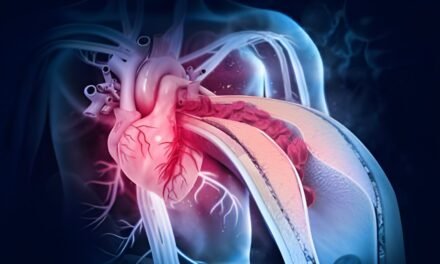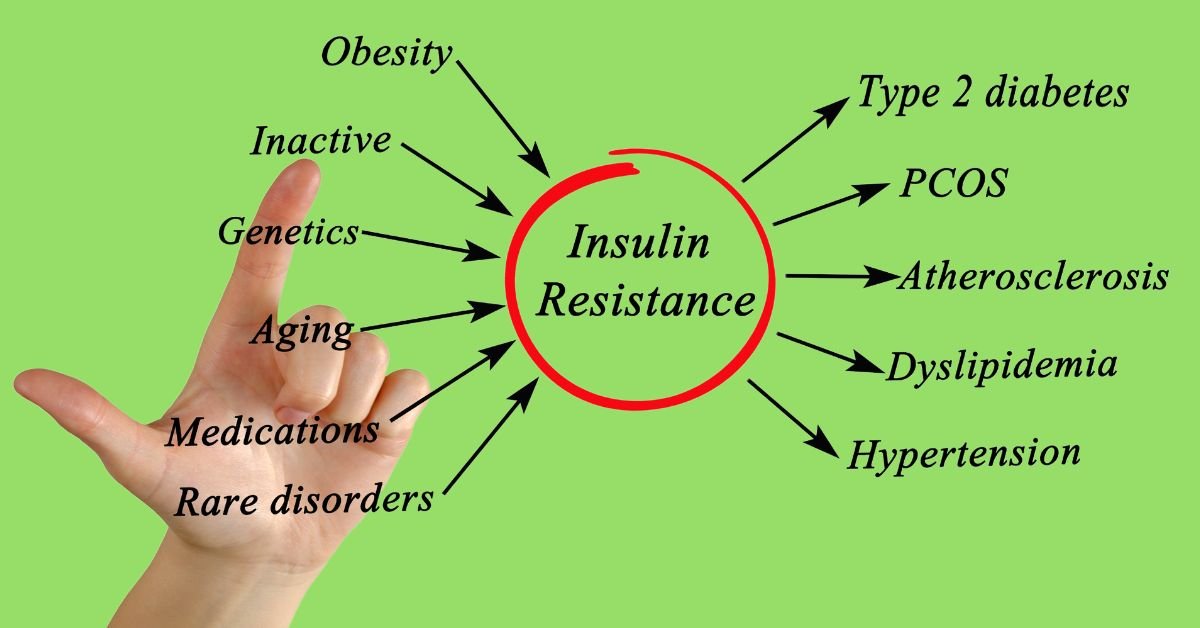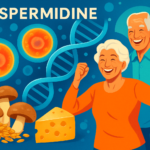Introduction:
Fatty liver, also known as hepatic steatosis, is a condition characterised by the accumulation of excess fat in the liver cells. It is becoming increasingly prevalent worldwide, with lifestyle factors such as poor diet, sedentary habits, and obesity playing a significant role. The good news is that fatty liver is reversible, and with the right approach, you can take control of your liver health. In this blog post, we will explore the causes, symptoms, and effective strategies to correct fatty liver.
Understanding Fatty Liver:
Fatty liver occurs when there is an imbalance between the accumulation and breakdown of fats in the liver. This can be caused by various factors, including:
- Poor Diet: Consuming excessive amounts of refined carbohydrates, sugary beverages, and saturated fats can contribute to the development of fatty liver.
- Obesity and Insulin Resistance: Being overweight or obese and having insulin resistance are closely linked to fatty liver. These conditions disrupt the normal metabolism of fats in the liver.
- Sedentary Lifestyle: Lack of physical activity can lead to weight gain and contribute to the development of fatty liver.
- Alcohol Consumption: Excessive alcohol consumption is a leading cause of alcoholic fatty liver disease.
- Having too much sugary fruits produces fructose which is only absorbed in Liver , beyond the body’s requirements we have the process of de novo lipogenesis (DNL) . Fresh Fat creation happens at the site itself which is your liver . Beyond it , the Fat is transported into other parts of your body. Propensity of Fructose to damage liver health is very very high .The products of fructose metabolism are liver glycogen and de novo lipogenesis of fatty acids and eventual synthesis of endogenous triglycerides which is greatly damaging your metabolic health .
In the early stages, fatty liver often presents no noticeable symptoms. However, as the condition progresses, individuals may experience:
- Fatigue and weakness
- Abdominal discomfort or pain
- Elevated liver enzymes in blood tests
- Jaundice (yellowing of the skin and eyes) in severe cases
Correcting Fatty Liver:
- Adopt a Healthy Diet: Focus on consuming a balanced diet rich in fruits, vegetables, whole grains, lean proteins, and healthy fats. Limit your intake of sugary foods, refined carbohydrates, saturated fats, and processed foods.
- Exercise Regularly: Engaging in regular physical activity helps promote weight loss, improve insulin sensitivity, and reduce liver fat accumulation. Aim for at least 150 minutes of moderate-intensity aerobic exercise per week, along with strength training exercises.
- Limit Alcohol Consumption: If you have alcoholic fatty liver disease, it’s essential to completely avoid or significantly reduce alcohol intake. Seek support from healthcare professionals or support groups if needed.
- Manage Your Weight: Achieving and maintaining a healthy weight is crucial for reversing fatty liver. Gradual weight loss through a combination of dietary changes and exercise can significantly improve liver health.
- Control Diabetes and Insulin Resistance: If you have diabetes or insulin resistance, work closely with your healthcare provider to manage your blood sugar levels effectively. This may involve medication, lifestyle changes, and regular monitoring.
- Consider Nutritional Supplements: Some supplements, such as milk thistle, picrorhiza, artichoke ,Glycine , magnesium , omega-3 fatty acids, and vitamin E, have shown potential benefits for liver health.
- Seek Medical Guidance: If you suspect you have fatty liver or need personalised advice, consult a healthcare professional. They can assess your condition, provide further guidance, and monitor your progress.
Fatty liver is a reversible condition that requires lifestyle modifications and proactive management. By adopting a healthy diet, engaging in regular exercise, controlling weight, and addressing underlying conditions like diabetes and insulin resistance, you can correct fatty liver and improve your liver health. Remember, consistency and patience are key, and it’s essential to consult with healthcare professionals for personalised guidance on your journey to a healthier liver.
Disclaimer: This blog post is for informational purposes only and should not replace professional medical advice. Always consult with a qualified healthcare provider for diagnosis, treatment, and guidance related to your specific health condition.










